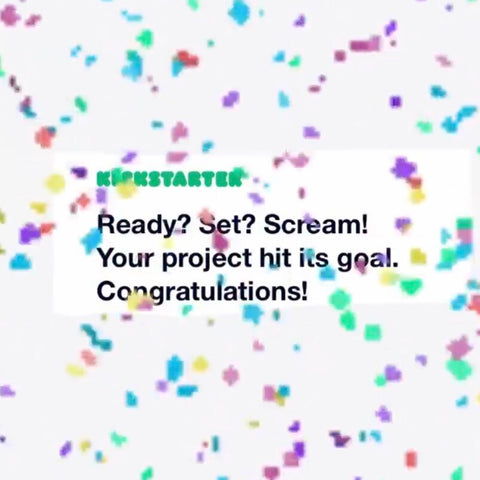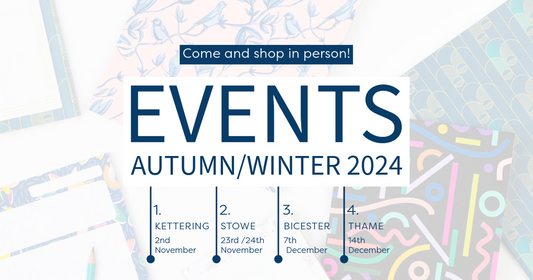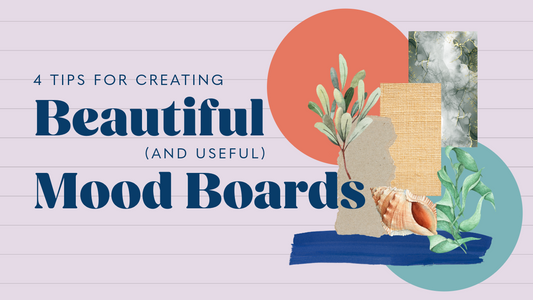5 Things I learned from my Kickstarter campaign
Share
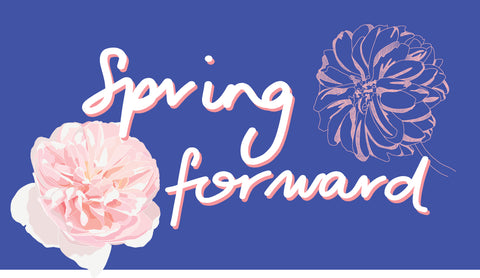
It’s been just over 2 months now since my Kickstarter ended, successfully, in early April. We’d been at home in COVID-19-lockdown for 2 weeks by the time the bell rang on the 5 week campaign and to say I was stunned and emotional would have been putting it mildly!
But now that the dust has settled on it, my backers have received their rewards and I’ve had time to catch up with myself a bit I thought writing a post about my experience and what I’ve learnt from it might be useful for others. I’ve only done one of these so I’m far from an expert but hopefully this might help someone else just about to embark on crowdfunding, or give them food for thought at least. So here they are, in listicle format to try and keep me brief and make it easier to digest for you!

1 – You’re never going to be ‘ready’ so don’t wait.
Doing a crowdfunded product had actually been on my mind for about 6 months before I finally took the plunge. I procrastinated massively with it until I realised that I either had to go for it or stop considering it - so I set a date (4 weeks from then) and went for it. Certainly, the chances of global pandemic happening at the same time hadn’t really registered when I set myself that deadline to get it live. By nature I like to plan and I want certain boxes ticked before I embark on something new but I also work best with a deadline so I accepted there were some things that wouldn’t ever be ready and worked to tick the boxes of those that could. Even now I don’t think I would have been able to tick some of those boxes to confirm I was ready and I’m not sure I ever will. Ultimately, they were added to the list by my fear trying to be sensible and extra-protective and sometimes you’ve just got to thank it for its time politely and then ignore it.
2- There’s a big difference between not feeling ‘ready’ and being unprepared - PLAN EVERYTHING.
Not feeling ‘ready’ was solely to do with my own inner demons and nothing at all to do with putting in the preparation and having a proper plan. I wrote list after list after list. I talked to my husband relentlessly going through different scenarios, different product variations, and picking apart my giant spreadsheet. You need to be prepared and you need to put in the leg work to ensure you know your project inside and out. Because if you don’t and something crops up you’re already on the back foot when dealing with it.
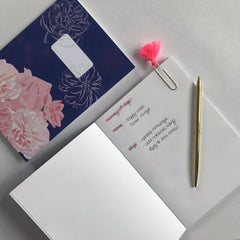
This is especially important when it comes to marketing. I planned key themes and things to share once I’d launched, but I wish I’d done it day by day, channel by channel for the entire campaign as that way I think I’d have felt less rushed and more confident when I did share things. This was really highlighted in the last two weeks of the campaign when I suddenly had 2 kids requiring full-time childcare and a husband who had full-time taken over my office – those last two weeks were the epitome of something being ‘winged’ and I will always wonder whether it could have done even better if it had the care and attention it deserved.
A better marketing plan would also have helped the imposter fear too. You’re going to want to promote promote promote but you will start to feel bored of pushing it to your friends and followers and worry that they’re bored of hearing it. And that fear will mean you’ll post less, and then going quiet harms momentum and it can spiral. So plan ALL those different angles – various aspects to highlight and information that gives value to your followers – and take them on that journey with you.
Oh, and don’t forget to schedule for fulfilling those pledges too. You don’t have to jinx it by planning every detail of fulfilment before you’ve launched, but box building, taping up and writing those thank you’s all take time, and probably longer than you imagine!
3 – Video is important.
And captioning is vital too.
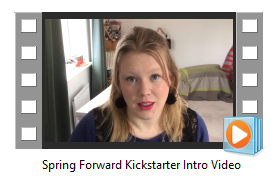
Filming is really good fun and there is no better way to spread your infectious enthusiasm for your project. But do script your key points and know that it’ll take at least double the number of takes you think it will. And don’t think captioning is a quick and easy job - it can also take a long time, especially if you’re not used to the software or the process. So plan in all of that, or find someone who can help and be generous in booking in their time.
(That’s just a frozen image but you can still watch my amateur but did-the-job video on my campaign page)
4 – Keep the rewards simple.
I got carried away. In the end I had 16 (yes, 16!!) different levels of reward and although my campaign comprised of 10 products and I wanted to give people lots of options I overcomplicated things massively and it didn’t make it easy to navigate. Spread out the pledge amounts to maximise the opportunities for people to buy in to what you’re doing, but if you’re having to scroll too much to keep track of what’s on offer that’s a sign you need to reign it in a bit.
5 – Keep communicating.
You need to communicate about your campaign – that’s a no-brainer. And obviously keeping backers updated throughout the whole campaign is important. If they’ve pledged they want to support you so cement that buy-in and loyalty by bringing them on the journey with you, and done effectively they’ll share and spread the word so effectively.
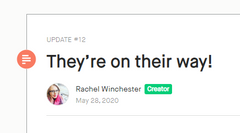
But beyond talking to your backers and promoting on social media etc, really try to open discussions with people about what you’re doing. It’s a great opportunity to connect with people, whether or not they pledge, and to gain feedback and insight into potential customer demographics. Talk about how you found your suppliers, chose your materials, talk about your inspiration, talk about your process and how its evolved. World events slightly took over for me but I wish I’d done more of this as those connections can really buoy spirits and drown-out the imposter-syndrome noise.
Running a crowdfunding campaign is exhausting, exciting and most of all incredibly humbling. It will take up a lot of your daily thoughts, and all of that is the the case whether or not you’re successful. With everyone’s campaign being different and with so many plates to spin you will always be learning on the job and no matter how many blogs you read, video’s you watch or podcasts you listen to it’ll feel like a leap into the unknown.
But if you can, do it – you won’t regret it!
